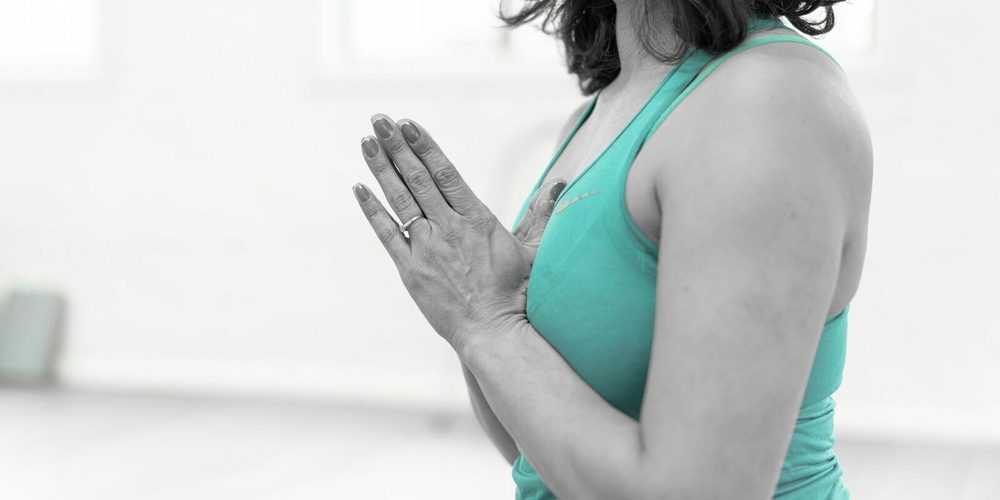This week marks another yearly awareness campaign set by The Mental Health Foundation to draw on mental health issues within our society. This year, to consolidate with the activities of the global climate, Kindness was chosen as the theme. Leading mindfulness and compassion teacher and Yogacampus graduate and course facilitator Anna Taylor wrote this article on the internal dialogue we use with ourselves and the compassionate ways in which we can turn it around so we can be kinder to ourselves, and to others. This article was originally published in Om Yoga Magazine - April 2020 issue.
We all know that yoga is not just a body practice and just how much our overall wellbeing benefits from calming, stilling and resting, especially on our society where we greatly value an 'always-on' lifestyle and 'doing' over 'being' Cultivating self-compassion, a sense of friendliness and tenderness towards ourselves, can also enhance our sense of wellbeing as well as creating resilience. Increasing evidence supports that learning to cultivate a more encouraging, supportive and friendly relationship towards ourselves can help us to:
- lower stress levels
- reduce anxiety and depression
- feel more resilient to life's inevitable challenges
- feel more connected rather than isolated when life is difficult.
While many of us find it natural to offer compassion towards others, we can struggle to offer the same sense of kindness and tenderness towards ourselves, especially when life brings challenges. Here, we'll explore how becoming more aware of our inner dialogue can support our overall happiness and wellbeing.
Inner Dialogue
Have you ever stopped to notice the nature of your internal dialogue? You know the thing, the self-created commentary that pops into our heads throughout our day in relation to our actions, achievements, hopes and desires. It can take various forms, from the relatively innocuous, "Ooh that cake looks nice; go on, it's been a bust day, you deserve it" to the one that says to yourself, "Urgh, you're such an idiot, why did you do that!!??".
Of course, in a sense it's our thoughts rattling round, but do we ever stop and think about the habits that our minds have fallen unto with these thought patterns? And do we realise that the way we are speaking to ourselves either supports or hinders our wellbeing? Does this 'voice' support happiness and our sense of connection to others or is it adding to our sense of stress, unhappiness and isolation?
For many of us (and I know certainly for myself for many, many years) we wouldn't dream of speaking to someone else with the same judgmental, harsh and critical tone that we often default to when speaking to ourselves. We might be the first to offer comfort and soothing support to a friend in difficulty, but the lats to offer it to ourselves.
Sometimes we might think that without this harsh, critical voice we wouldn't get anything done; we would become selfish or arrogant; But all the research points in the other direction to show that through learning to cultivate self-compassion we become more resilient, less stressed, happier and with a greater sense of connection to others.
Supportive Voice
Whilst the habits of our 'inner critic' can be strong, the good news is that a huge body of evidence shows that with regular practice we can begin to create a kinder, more supportive voice within; helping us to feel happier, more connected and stable within this wobbly world of ours.
Something that can be a simple trick to try and make our voice better support and serve us is to find a term of endearment that one would feel soothed by if a friend or a loved one were to use it towards you (for example, honey, my love, darling, mate, etc).
Then, the next time you stub your toe, worry you've made a fool of yourself, or simply have a hard time of any kind, speak to yourself gently, with warmth and understanding, using that term and see if it feels different. I love this practice and can honestly say from experience that saying to myself, "It's okay honey, I know it's all going wrong, and you're tired, but you're doing the best you can, take a breath" results in a far better outcome than my inner critic ever achieved.
This article was written by Anna Taylor and originally published in Om Yoga Magazine - April 2020 issue.
